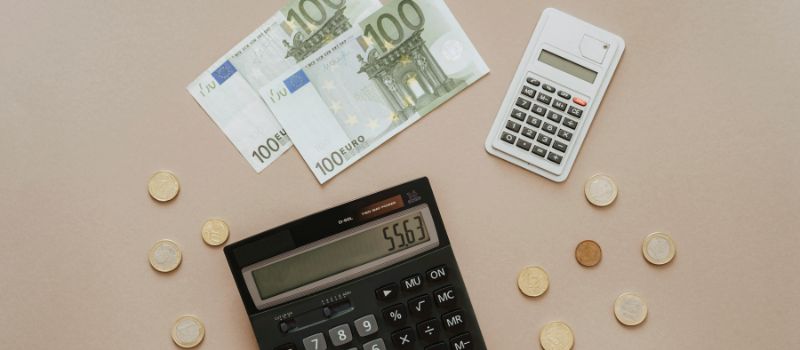Does Sampling Make Sense?
Does it make any sense at all that the Auditor would audit your sales, then, when it came time to look through all of your books and records, they would only pick 1-3 months out of a given year and then estimate the sales and profits for the entire year?
If you think this is an entirely unfair and incompetent method, you are right. If you think this is fair, then, you are probably an auditor for the State and enjoy getting paid for doing, at best, half your job.
Examples of How Sampling Determines Your Sales Tax Liability
Sampling for Gross Revenue
Sampling to determine gross revenue works like this:
The auditor takes your gross sales for January, June, and September, for a given year. They will add up the three months and then take an average sale.
Example:
- January: $20,000.00
- June: $2,000.00
- September: $2,000.00
- Average Sale: $8,000.00

Do you notice the problem here?
Our client in the example above is poised to make gross revenues of $96,000.00 in sales. Assuming the sales tax rate is 10.25%, their sales tax collection will be determined to be $9,840.00.
When the auditor takes the average sales figure, then applies the sales tax rate for your county, you are left with the balance owed per the Auditor. Obviously, penalties and interest will apply to the difference in what you collected versus the Auditor’s findings.
Estimating Prices
Estimating your prices is even more ridiculous. It works like this:
The auditor will look to similar stores just like yours in your area, and there is no clear indication of what the “area” encompasses. However, they compare prices at other businesses and suggest that you should be selling the items at the same price.
This does not take into account your clientele, sales, specials, giveaways – do you get the picture? However, the auditor will use these prices and profit margins of other businesses and compare them to yours.
If you sell for less, then the difference in estimated profits will be used to determine the difference in sales tax.
Estimating Cash Sales

I intentionally saved the best for last.
If all of your sales are on debit or credit card, then you are out of luck. The Auditor will compare the amount of cash sales of similarly situated businesses to your cash sales.
If they determine that the number of cash sales in the area is 5%, then you have now lied to the auditor, as you are considered to be hiding an extra 5% of your gross sales. Again, tack 5% worth of gross sales to your liability and add penalties and interest.
Conclusion
As you can see, a sales tax audit can almost never go well without at least an appeal if not a managed audit by a sales tax attorney.
You are guilty until proven innocent.
Frequently Asked Questions
What is sampling in a sales tax audit?
Sampling is a method auditors use to estimate a business’s annual sales and tax liability by reviewing records from only a few selected months, rather than the entire year. This often results in inaccurate assumptions and inflated tax assessments.
Why is sampling considered problematic for business owners?
Sampling can lead to unfair outcomes because it may not reflect seasonal fluctuations, one-time events, or specific sales patterns. It oversimplifies business activity, which may result in overestimated tax liabilities and penalties.
How do auditors estimate gross revenue using sampling?
Auditors choose a few months—typically three—and calculate the average sales for those months. They then project this average across the full year, ignoring potential variances, which can significantly distort a business’s actual revenue.
Can auditors use other businesses’ pricing to estimate mine?
Yes, auditors often compare your pricing and profit margins with similar businesses in your undefined “area.” This fails to consider your specific promotions, discounts, or customer base, making the comparison unreliable and unjust.
How do auditors estimate unreported cash sales?
If your sales are entirely electronic, auditors may still assign a percentage of assumed cash sales based on local averages. For example, if 5% of local sales are typically cash, they may add that 5% to your reported revenue, increasing your tax burden and associated penalties.

